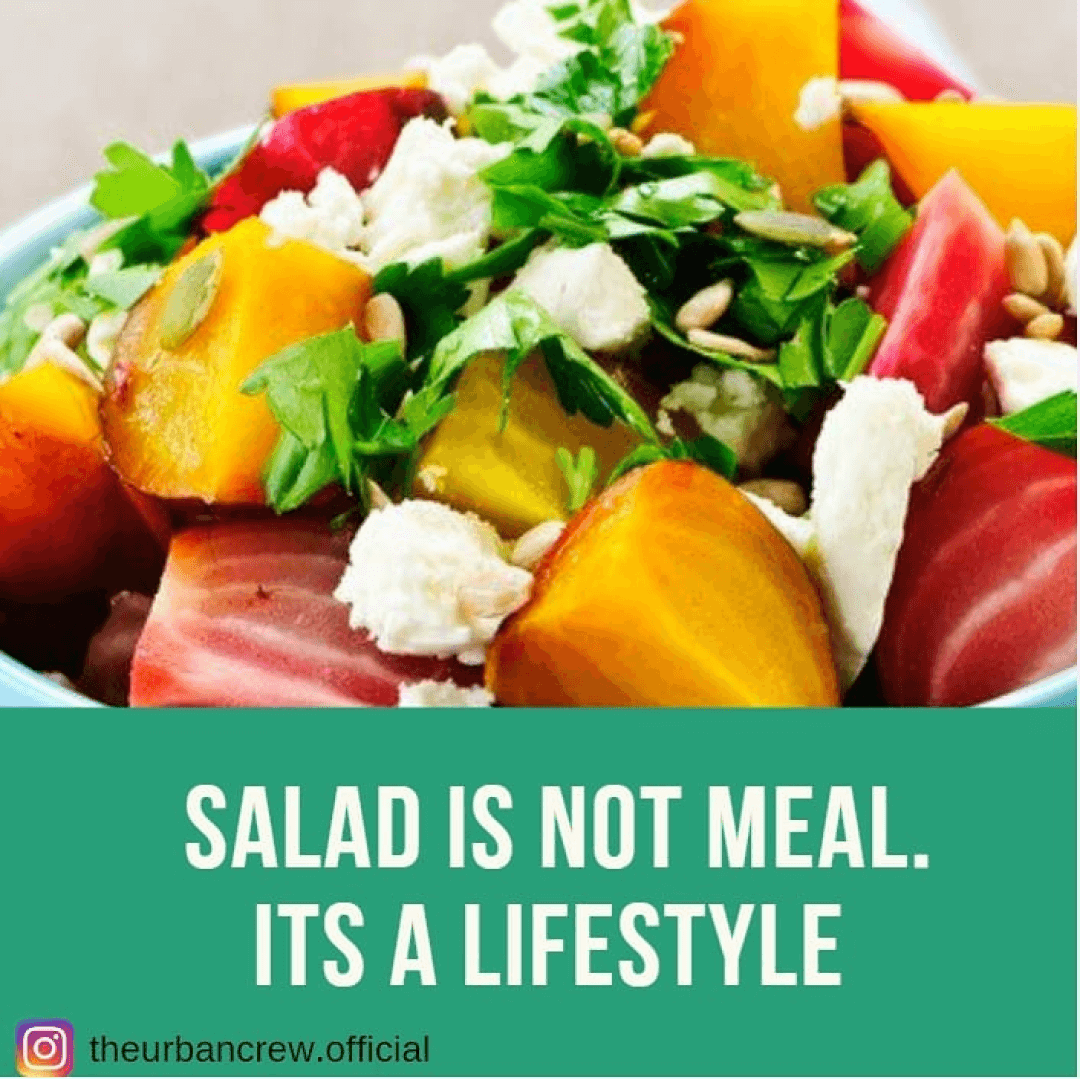Moving to Japan? Landing a job in Tokyo, chasing a postgraduate degree, or maybe even following love across the Pacific.
While textbooks are necessary allies, and you’ve already aced the greetings, there’s a crucial aspect often overlooked: slang. These informal expressions are the pulse of everyday conversations in Japan.
Slangs give you a genuine taste of how locals, especially the younger generation, communicate in their daily routines.
In this article, we’ve listed 35 essential slang words to transform you from a textbook learner to someone who can navigate conversations, understand jokes, and truly feel at home in Japan.
Let’s dive into it.
Table of Contents
Why Learn Japanese Slang? More Than Just Cool Words
These informal words and phrases are the lifeblood of everyday conversations. They’re the secret sauce separating tourists from residents, the key to understanding jokes on the fly and following conversations easily.
Imagine hanging out with friends, effortlessly tossing around phrases that make you sound like a local.
Slang isn’t just about trendy words; it’s about connecting with people on a more personal level, sharing a laugh, and truly feeling integrated into Japanese youth culture.
But learning slang goes beyond social currency. It’s a window into Japanese culture. Slang reflects current trends, interests, and humor.
It demonstrates that you’re not just a visitor, but someone who wants to understand and learn the culture at its core.
Plenty of resources are available to help you learn slang alongside your formal studies. Japanese tutors at AmazingTalker can expose you to everyday slang in a natural context.
35+ Japanese Slang Words You Should Know If You Want to Move to Japan
So, are you ready to sound like a local? Here are 35 different slangs that can be helpful:
1. Baka (ばか) – idiot, stupid
This is a pretty common insult, so best used with close friends or when playfully teasing someone. Avoid it in formal settings or with people you don’t know well.
2. Bucchake (ぶっちゃけ) – to be honest, frank
This is casual and friendly. You can use it when chatting with friends or someone you’re comfortable being frank with. Not ideal for super formal situations.
3. Chiruru (チルる) – to chill, relax
You can use it with friends or when talking about relaxing with people you know well.
4. Chō (超) – very, super
This is a casual intensifier. You can use it with friends or in informal writing. Not appropriate for formal situations.
5. Choe (ちょえ) – Wait a second
This phrase can be used with friends to express surprise or pause the conversation for a beat.
6. Dachi (ダチ) – friend
Use it with friends or when talking about your close circle. Not for formal settings.
7. Dame (だめ) – no good, not allowed
This is a general way to say “no” or “not allowed” in a casual setting. You can use it with friends or family.
8. Dasai (ダサい) – lame, uncool
When talking about something uncool in a casual setting, you can use this.
9. Donmai (ドンマイ) – sorry, better luck next time
This is a casual way to offer condolences or encouragement, so use it with friends or acquaintances.
10. Egui (えぐい) – awesome, incredible
This can be positive or negative depending on context. Use it with friends to describe something awesome or incredibly intense (good or bad).
11. Ganba (がんば) – good luck, fight!
This is a common all-purpose cheer, so you can use it with friends, family, or even acquaintances in a supportive way.
12. Guguru (ググる) – to Google something
This is a very casual internet term, so use it with friends online or in casual conversation about using Google.
For example, you might say “ちょっとググってみようかな?” (Chotto gugutte miyou kana?) to mean “Let me Google that.”
13. Hamaru (はまる) – to be addicted to, crazy about something
You can use it with friends or acquaintances to describe being really into something.
For example, you could say ‘最近、ヨガにハマってるんだ!(Saikin, yoga ni haまっ てるんだ!)’ which means ‘Lately, I’ve been really into yoga!'”
14. Honto (ほんと) – really, true
This is a casual way to say “really” or “true”.
15. Ii kanji (いい感じ) – good feeling, nice atmosphere
This is a casual way to describe a good vibe or atmosphere. So, you can use it with friends or acquaintances.
16. Kimoi (キモい) – gross, disgusting
This is a strong word for something gross, so use it sparingly and only with close friends.
17. Kira Kira (キラキラ) – sparkling, glittering
This is a lighthearted and descriptive term. You can use it with friends or family to describe something sparkly.
18. Kireru (キレる) – to get angry, lose one’s temper
This describes anger, so use it cautiously, even with friends. Avoid it if you don’t want to seem confrontational.
19. Maji (マジ) – serious, for real
This is a casual intensifier for emphasis, so use it with friends or in informal writing.
For example, when you want to emphasize something, you might say “マジ卍!” (Maji manji!) to mean “Seriously!” or “For real!”
20. Moteru (モテる) – popular, attractive
When talking about someone who’s popular in a casual setting, you can use this slang.
21. Mukatsuku (むかつく) – irritated, pissed off
This describes irritation, so use it cautiously, even with friends, as it can come across as passive-aggressive.
22. Nampa (ナンパ) – to hit on someone, pick someone up
This is a casual term for hitting on someone, so use it with friends or when talking about the bar scene in a casual way. Not for polite conversation.
23. Nau (なう) – right now, at the moment
This is a very casual internet term. You can use it with friends online to indicate you’re doing something “right now.”
24. Paripi (パリピ) – party person
You can use it with friends or in informal online settings. This is a very casual term for a party animal.
25. Saboru (サボる) – skip school, slack off
This is a casual term for slacking off, so use it with friends (maybe not the ones you’re slacking off from!). Not for work or school.
26. Sore na (それな) – I agree, that’s right
It is a casual way to agree with someone, so use it with friends in informal settings.
27. Sutaba (スタバ) – Starbucks
This is a casual abbreviation for Starbucks. You can use it in a casual setting.
28. Tehepero (てへぺろ) – playful embarrassment, sheepishness
This is a playful and teasing way to admit fault or act sheepish, so use it with close friends or significant others.
29. Torihada (鳥肌) – goosebumps
This one, you can with everyone. It is a general term for goosebumps.
30. Ukeru (ウケる) – funny, hilarious
This describes something funny and it is used with friends or in casual conversation.
31. Urusai (うるさい) – noisy, annoying
This is a blunt way to say something is noisy or annoying, so use it sparingly and only with close friends or family when you’re comfortable teasing them.
32. Uzai (うざい) – annoying, irritating
Similar to urusai, this describes something annoying but can be even more irritating. Use it with caution, even with friends.
33. Wakannai (わかんない) – I don’t understand
This is a casual way to say “I don’t understand”. For example, you might say “何それ?わかんない!” (Nani sore? Wakannai!) to mean “What is that? I don’t understand!”
34. Warota (ワロタ) – lol, laughing out loud
This is internet slang for “lol” (laughing out loud), so limit it to online chats or informal texting with friends.
35. Yabai (やばい) – dangerous, awesome
This is a versatile word that can mean anything from “dangerous” to “awesome” depending on context. Use it with friends, but be aware of the double meaning.
36. Yuzane (ユザネ) – Username
This is a casual internet term for “username”. It is only used in the online setting.
37. Zakko (雑魚) – weakling, loser
This is a harsh insult meaning “weakling” or “loser”. You need to be very careful while using this one.
Conclusion
So, you’ve packed your bags, booked your flight, and started brushing up on your Japanese. But to truly thrive in Japan, you need to venture beyond the textbook.
Our list of 35 essential slang words is your key to unlocking deeper conversations, understanding Japanese humor, and feeling like a true local.
















